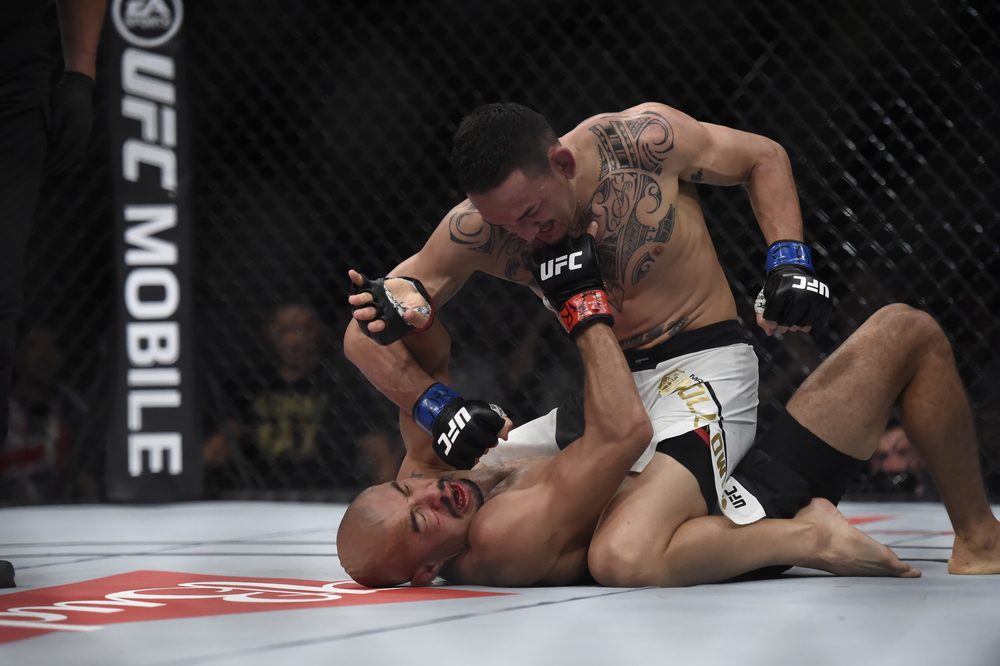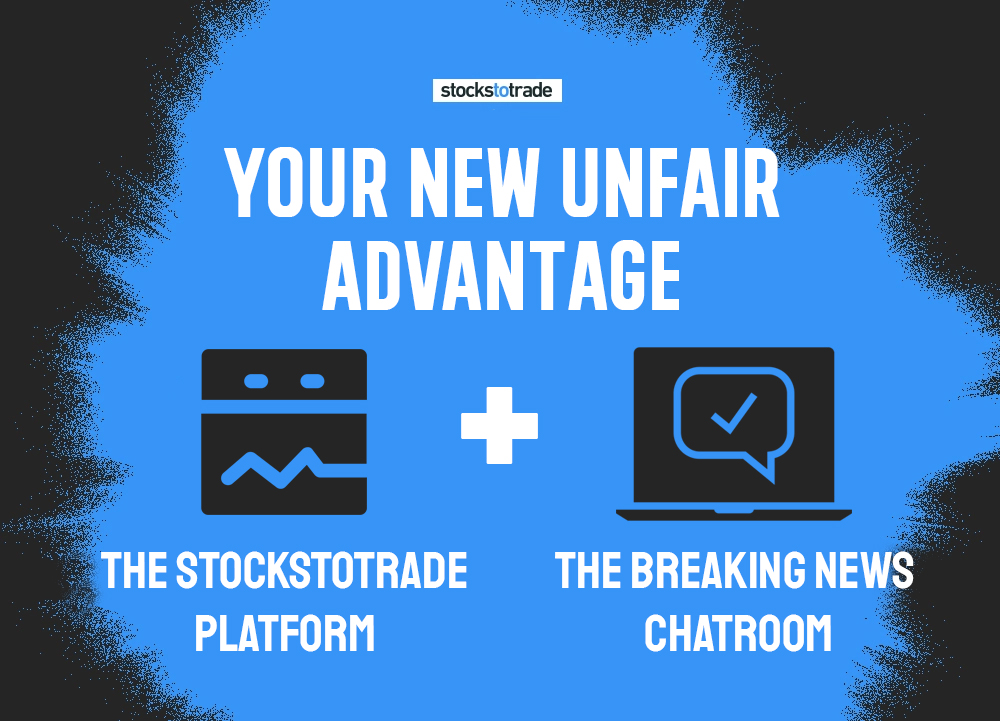- $10 billion valuation despite never turning a profit…
- UFC owner banks on a strong rebound for live events…
- Public shareholders would have virtually no control…
A massive IPO hits the New York Stock Exchange (NYSE) as Endeavor Group Holdings is set to go public under the ticker symbol EDR.
Endeavor debuts today at $24 per share but this IPO might be risky.
An analysis by Forbes breaks down why the company is likely overvalued and the risks for those who choose to buy in.
Table of Contents
Endeavor’s IPO features five separate share classes and each of those have different voting rights.
The 21.3 million shares sold in the IPO are Class A shares. Forbes says holders of those shares will have just “0.4-0.5% of voting rights depending upon the underwriters’ decision to exercise their option to purchase additional shares.”
So who has the control? Holders of Class Y shares.
Who holds those shares? CEO Ari Emanuel, Chairman Patrick Whitesell, and investment group Silver Lake Partners. Those shareholders will control 89% of voting rights after the IPO.
But voting rights aren’t the only concern for this IPO as the company is at risk of running out of money quickly.
What Is Endeavor Group?
Endeavor Group Holdings is one of the largest entertainment firms in Hollywood. The company owns the Miss Universe competition, William Morris talent agency (WME), and sports and modeling agency IMG.
But their most well-known brand is Ultimate Fighting Championship or UFC.
Before 2020, Endeavor’s was largely generated through events, which were decimated by the pandemic. In 2019, 43% of Endeavor’s revenue came from events, experiences, and rights, 36% was from talent representation, and 20% was generated through owned sports properties.
In 2020, the revenue trend shifted much more heavily to owned sports properties.

Editorial credit: A.RICARDO / Shutterstock.com
Endeavor Has Never Turned A Profit
In 2017, Endeavor’s core earnings were -$19 million. By 2019, core earnings plunged to -$371 million. That drop came despite compound annual revenue growth of 23%.
In 2020, earnings plunged to -$508 million, and the company burned through $1.3 billion in free cash flow.
At that rate, they only have enough cash to survive for 8 more months.
The profit issue seems to be caused by the costly nature of putting on big events like Miss Universe and UFC fights.
Forbes reports, “from 2018 to 2020, direct operating costs increased from 48% of revenue to 50% and SG&A (Selling, General and Administrative Expenses) from 45% to 52%. Combined, these costs make up 102% of revenue in 2020.”
How Do They Justify the IPO Price?
In its S-1 filed with the SEC, Endeavor Group forecast strong growth in its target markets for selling rights.
That forecast is as follows:
- 5% compound annual growth rate (CAGR) through 2024 for global sporting events, concerts, and performing arts
- 8% CAGR through 2023 for spending on global sports media rights
- 12% CAGR through 2024 in the global sports gaming industry
- 7% CAGR through 2023 for global film and television content
But to justify a $10 billion valuation, Endeavor would need 14% CAGR through 2030. And that would require revenues larger than industry giants like Fox Corp (FOXA) and Live Nation (LYV).
The Musk Effect
Endeavor might be banking on the star power of one potential board member — Elon Musk.
In its S-1, the company said it plans to tap Musk to join its board of directors.
Endeavor said, ″Mr. Musk was selected to serve on our board of directors because of his professional background and experience running a public company, his previously held senior executive-level positions, his service on other public company boards and his experience starting, growing and integrating businesses.”
And CEO Ari Emanuel has a history with Musk. In 2007, he was one of 100 buyers to put down $92,000 to reserve the first Tesla production vehicle — the Roadster.
Whether a business relationship will bloom is yet to be seen as Musk still needs to be elected to the board.
Featured Image: Cassiano Correia/Shutterstock

